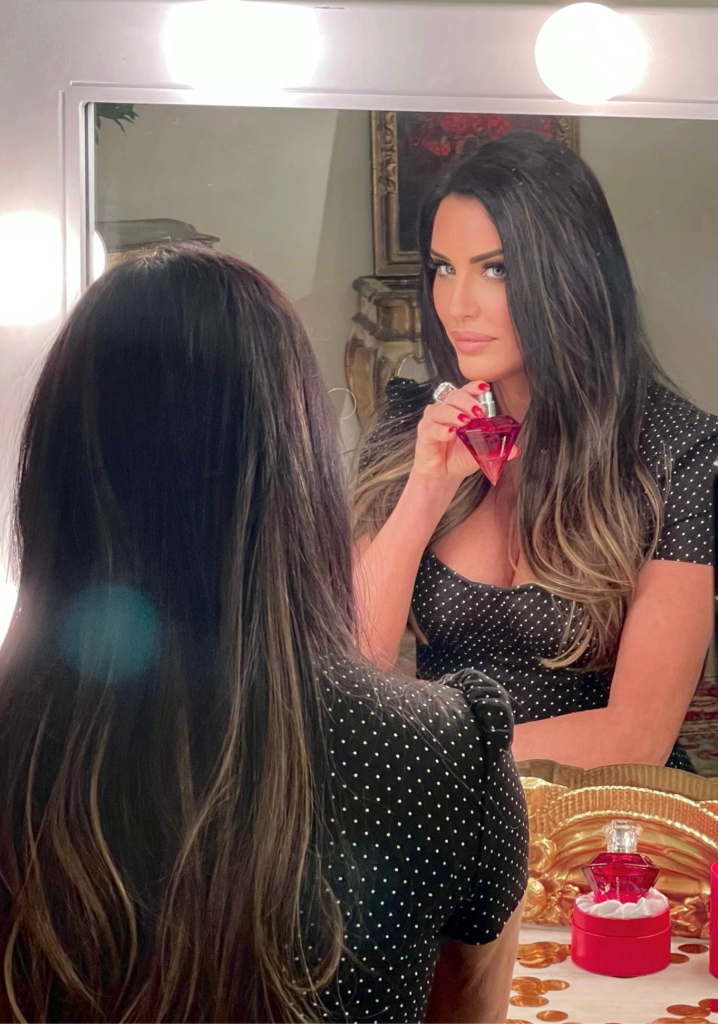
It’s been almost a year since the world was rocked by the untimely, tragic death of Glee star, Cory Monteith at age 31 from a reported drug overdose.
While hearts bled for the actor’s family and friends, all eyes were on his longtime on-again, off-again girlfriend and Glee co-star, Lea Michele, and how she handled the news – and they still are.
Just recently, photos surfaced of Lea hanging out with her new boyfriend, “If You Say So” singer Matthew Paetz – the first guy she has publicly dated since losing Monteith. The two met on the set of her music video back in April, which Matthew is featured in, and the photos show them laughing, relaxing in the park and going for a hike.
Losing a loved one is one of life’s most terrifying nightmares, but losing a significant other at such a young age and so unexpectedly really makes you wonder – how do you ever recover?
The answer from several people who have walked many long and very sad, difficult days in Lea’s shoes : You just do – eventually. And Lea is proof.
Losing a loved one is one of life’s most terrifying nightmares
Just recently I met a woman on a press trip to Mango Bay Barbados (a fabulous place, might I add!), who was in her 70s – do women ever give their exact age? – and whose husband of over 50 years had died suddenly this past December. The couple had just sold their home and moved into a smaller condo when her husband – who was not sick – was suddenly gone. If she had not told me this, I never would have known. Yes, she was grieving but she was also “living” – which is exactly what her husband would have wanted, she said. Over the course of a few days – on a catamaran cruise, over bottles of Banks beer (the local brew) and during Mount Gay rum tastings – this strong, independent woman and fellow writer, taught me a lot about life and how to recover from something as trying as what she experienced.
Here’s what I learned:
-
Just say yes.
She spent months staying close to home and with family, dealing with her grief, and then she decided she needed to start “living” again and began saying yes to anything and everything that came her way, including press trips. (Lucky for me or I never would have had the pleasure of meeting her.) Instead of using these sort of things as “distractions,” she used them as opportunities to continue her life even though it had been changed forever.
-
Smile and say thank you.
Grief is like a monkey on your back that never quite goes away, but instead of feeling miserable and making others around you feel that way, this woman made her disposition a positive one by feeling and expressing gratitude multiple times a day. She shared with me on several occasions all the things she had to be grateful for instead of focusing on her loss.
-
Stop and smell the roses.
The little things in life absolutely are the big things, I learned from this wonderful woman. She taught me that it’s important to gain happiness from the smallest things, like a delicious mango juice cocktail (yes, she liked a cocktail or two, which made her even cooler in my opinion!) or a delicious bowl of homemade asparagus soup (which she loved she much, she asked the chef for the recipe so she could make it back home in NY) or simply the great customer service and smile she got from the Jet Blue flight attendant on our way to the island.
Lea told Glamour magazine after Cory’s death: “People have to understand that I can’t be alone forever. Cory wouldn’t want that.”
My friend I met in Barbados may or may not marry again, but she’s exploring the possibility of dating, as she should.






